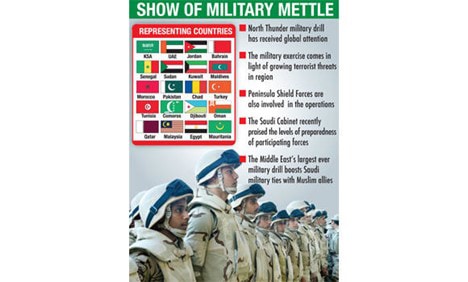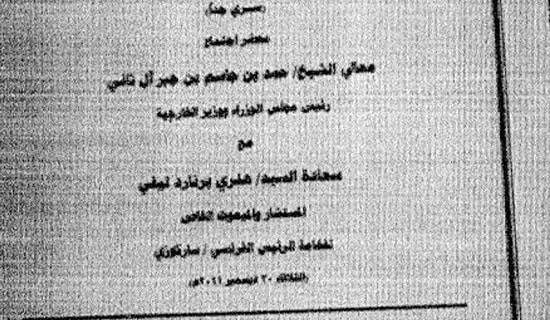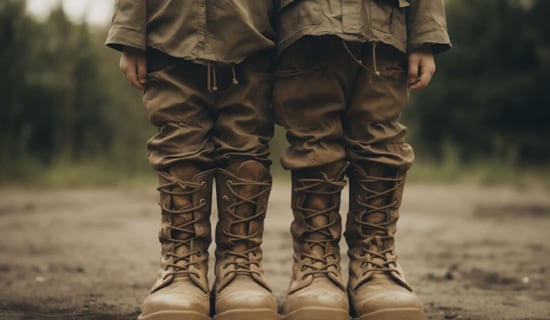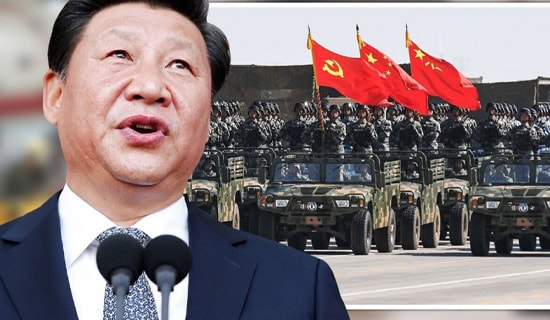The celebrated blogger Anatoly Nesmiyan aka "el-Murid" has acquired a reputation as a Syria expert as well as a military scholar. He is unimpressed by the Defense Ministry briefings and reports of the myriad Ukrainian targets destroyed by Russia. In his appraisal, the progress of the fighting is eerily reminiscent of Russia's inconclusive 2015 Syrian campaign. There they were advised by the late Iranian General Qasim Soleimani that speed was of the essence. The Russian forces, however, did not move with the required speed thus allowing Turkey to recover its footing and take countermeasures. Ever since, Russia has been stalemated in Syria.
In Ukraine, Russia did not immediately attack all along the border, and had not amassed the necessary resources for the campaign. As a result, Russia is becoming stuck in the mud, and will soon face a munitions shortage. This too will allow Russia's opponents to retake the initiative.
Nesiman's blogpost follows below: [1]

Russian convoy in Syria (Internationalaffairs.ru)
"Analogies to the Syrian war are becoming discernible in the current "special operation" [in Ukraine]. And the further the events develop, the more the plot begins to structurally repeat itself.
"Let me remind you that the cajoling on the part of Iranian General [Qasim] Soleimani provided the direct impetus for the Syrian invasion [by Russia in 2015]. Soleimani understood perfectly that the conflict between the Gazprom company and Turkey over the two pipelines of Turkstream had reached a boiling point by May 15.[2]
SUPPORT OUR WORK

"Therefore, Soleimani's proposal looked extremely enticing: You [Russia] go in quickly, win quickly, and then dictate terms to Turkey by threatening it with two million refugees. Naturally, I was not present at those meetings, but there was nothing else Soleimani could've said. The key factor of this entire story was [the word] "quickly."
"It didn't "quickly" happen though. For almost 2 months, from October to about the end of November [2015], the Russian troops fought their way to the Turkish border and managed to penetrate about 50-70 km deep. Over this time, the Turks managed to assess nearly all their opponent's capabilities, and starting from mid-November they began to take active countermeasures.
"A short while later, they [the Turks] shot down a Russian jet, and they definitively ascertained that the Kremlin has its own limits (some of which were objective, but some - were purely internal in nature). It took another two months to build a strong ad hoc regional alliance (which was sufficient to create a threat). Then large-scale military exercises called "North Thunder" [held in Saudi Arabia] accompanied by a direct demand to the Kremlin and a threat to invade Syria by the assembled task force called "Northern Storm" followed."

The North Thunder military drills–a counterweight to Russia's invasion of Syria (Source: Arabnews.com)
"On March 16th the Kremlin was forced to curtail the offensive to the border, to declare victory and then - a withdrawal. Naturally, the withdrawal didn't happen, and the war had entered the stage of a protracted and practically futile conflict. The Turks fought off the threat, Gazprom conceded defeat and dismantled the two now unnecessary pipes.
"The key factor, i.e. the pace of war proved to be decisive. The offensive didn't happen quickly, the enemy quietly created a system of countermeasures and turned the situation around. The Turks weren't interested in what was told to the Russian layman on TV. They had completed their task.
"The current "non-war" [Nisman's way of complying with the prohibition on calling the fighting in Ukraine a war] follows the same plot. The propaganda is already practicing the narrative, "we will slowly descend from the mountain and take down the entire herd," but "slowly" already means defeat...
"A lack of resources in every way dictated a limited and local character of operation in Donbass. However, a direct clash with the Ukrainian Armed forces assembled there, seemed rather unlikely, neither in terms of timing, nor in terms of the result. For that reason the troop invasion along the entire border followed [the start of the operation]. It was done in order to deny the enemy room for maneuvering with reserves, and surround the ZSU forces accumulated in Donbass in the end result.
"But then came the problem of cities that could neither be taken nor left behind in the rear. The number of unsolvable contradictions for the available resources began to grow, which eventually led to the inability to decide the military part [of the operation] promptly and with at least some result. The Russian Defense Ministry will report performance indicators of the operation, exclusively in terms of destroyed Ukrainian resources. However, such reporting best demonstrates that militarily the operation is no longer simply stalling, it's beginning to get threateningly stuck in the Ukrainian mud (not mud in its literal term).
"The result is the following: in a couple of weeks, first, the resources of the "special operation" will be depleted, posing the question of from where to obtain them; second, the Kremlin's opponents will have an opportunity to study developments and work out solutions. The trap that Kremlin finds itself in consists of an inability to either stop, or retreat, or accelerate the pace of the offensive. Moscow from being the crisis' initiator and the agent [moving the] events, has habitually turned into the target of events. And this allows its opponents to retake the initiative and solve the problem in a different way than that planned by the Kremlin."
[1] El-murid.livejournal.com, March 10, 2022.
[2] This theory is not Nesiman's invention. Retired General Leonid Ivashov voiced it back in 2016 on the Evening with Vladimir Soloviev talk show: "If Russia had not entered there and held on to the regime of Bashar al-Assad, then today the question of the survival of the Russian budget would be very acute. Because three gas pipes are at war there. Qatar - the largest gas reserves were discovered, 51 trillion, 50 billion tons of condensate ", he explained.
According to the general, Iran and Russia sought to prevent the construction of the Qatari gas pipeline through Syria, which would have sharply reduced their share in the gas market. Gordonua.com, October 7, 2016.




